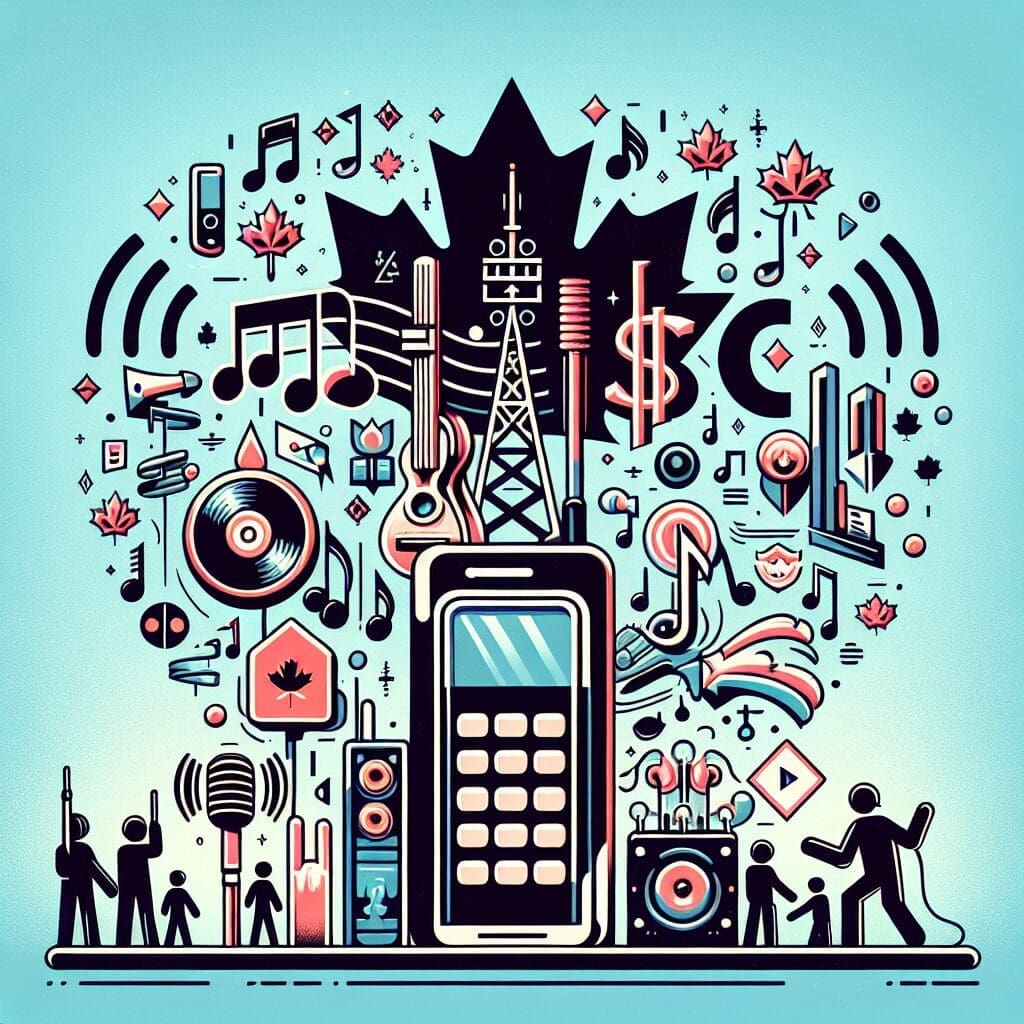Apple’s ongoing struggle to comply with the regulations set forth in the iOS 17.4 update has been a point of contention in the tech world. The recent changes allowing European iPhone users access to third-party app stores and alternative browsers like Google Chrome have been a step in the right direction, but there are still obstacles to overcome.
Lawsuits from companies like Spotify and Epic Games have shed light on Apple’s alleged unfair business practices that stifle competition and hinder developer profits. Despite some progress, Apple’s refusal to certify app updates for Spotify and Epic Games is a clear indication of the ongoing challenges.
While Epic Games has resolved its developer account freeze with Apple, a new issue has arisen regarding the 27% charge Apple imposes on revenue generated through third-party links. This fee contradicts the spirit of the court’s decision to promote alternative app stores and payment methods for iOS users, prompting Epic Games to file a protest motion.
Epic Games argues that this fee undermines developers’ incentive to incorporate external links in their apps due to the high processing costs involved. On the other hand, Apple defends its commission policy by emphasizing the investments made in ensuring iOS platform security and the benefits developers receive from accessing Apple’s large consumer base.
The outcome of this dispute remains uncertain, but it is evident that the battle for control over iPhone software is far from over. As we await further developments, it will be interesting to see how the court addresses Apple’s commission charges and their implications for the future of app development on iOS devices.









